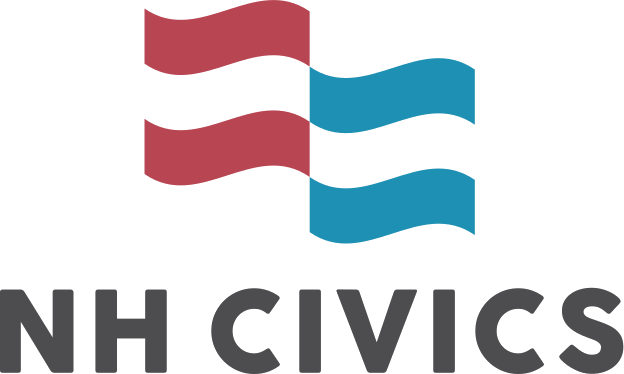Free Speech and Campaign Finance Regulations
Abstract:
The First Amendment to the Constitution prohibits Congress from abridging free speech and the Fourteenth Amendment has been interpreted to extend those prohibitions to state and local governments as well. Over time the Supreme Court has interpreted speech to extend to financial contributions to campaigns, political parties and other political organizations engaged in influencing election results. In addition, the Court has extended some rights of personhood to corporations, including protections of corporate speech against government infringement. Starting after the Watergate scandal, Congress has attempted at several junctions to limit the financial contributions of individuals and corporations to political entities. The Supreme Court, in response, has invalidated an increasing number of those restrictions as unconstitutional restrictions of free speech. Campaign finance regulations and the constitutional protection of free speech raise difficult and essential questions about the role and impact of money in elections and what constitutes an effective democracy.
Essential Question:
- Does the danger of corruption justify restricting the use of money as a form of political speech under the First Amendment?
Materials and Documents
Related Links
Videos and Media
Take a look at a couple significant Supreme Court cases that have gotten us to our current definition of free speech, and we’ll also discuss some of the more controversial aspects of free speech – like hate speech.
Primary Elections Explained
A deep dive into the First Amendment, which guarantees US citizens freedom of religion, speech, press, and assembly.
The story about the struggle over the Bill of Rights is told in this documentary, which explains how these individual freedoms that often are taken for granted today were controversial among the founding fathers and how they were eventually ratified. Ten short videos address each of the amendments.
“I enjoyed the content-oriented approach. Having such an engaging speaker was awesome.”
Looking for more information?
Please contact us with any questions you may have about any of our programs or would like additional information.
